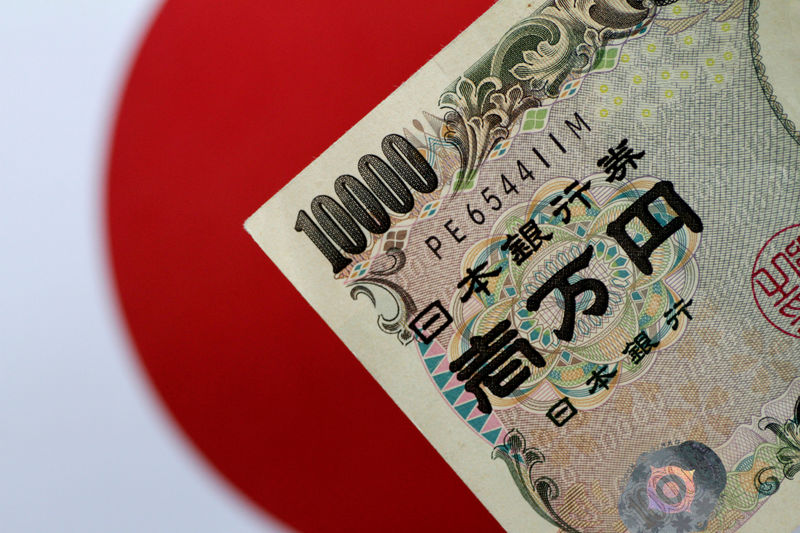Gold bars to be exempt from tariffs, White House clarifies
Investing.com-- Most Asian currencies weakened on Tuesday as risk aversion remained in play amid persistent concerns over the Israel-Iran war, especially following a dire warning from U.S. President Donald Trump.
The Japanese yen firmed slightly after the Bank of Japan kept interest rates unchanged, and signaled that it will slow the pace at which it is tapering its bond-buying activity.
The dollar lost ground amid uncertainty over the U.S.’ involvement in the Middle Eastern conflict, especially as Trump’s comments pushed up concerns that the U.S. will join the offensive against Iran. But the White House clarified that Washington will not directly participate in the conflict, while reports showed that the U.S. was also actively seeking ceasefire and nuclear talks with Tehran.
Focus this week is also on a Federal Reserve meeting, with the central bank expected to keep rates unchanged.
Yen firms slightly as BOJ holds rates, slows bond tapering
The yen’s USDJPY pair fell 0.2%, also benefiting from some increased safe haven demand.
The yen firmed after the BOJ left its benchmark policy rate at 0.5%, as widely expected.
The central bank said it will slow the pace at which it is cutting its bond buying activities from 2026. Starting from April 2026, the BOJ will cut its bond buying at a pace of 200 billion yen per quarter, compared to its current pace of 400 billion yen.
The move is likely aimed at maintaining government bond market stability, while also keeping monetary policy relatively loose in the face of increased economic and political uncertainty.
The BOJ warned that Japanese economic growth was likely to cool amid headwinds from trade tariffs and weakness in foreign economies. But the central bank still has to contend with rising domestic inflation.
Focus is now on an address by BOJ Governor Kazuo Ueda, who had warned earlier in June that the BOJ will keep raising interest rates if sticky inflation persists.
Broader Asian currencies weakened slightly, as risk appetite remained under pressure from uncertainty over the Israel-Iran war and anticipation of a Fed meeting. Beyond the Fed, central banks in China, Switzerland, and the UK are also set to decide on interest rates this week.
The Chinese yuan’s USDCNY pair rose slightly, while the Australian dollar’s AUDUSD pair was flat.
The Singaproe dollar’s USDSGD pair rose 0.1% after data showed an unexpected contraction in the island state’s key non-oil domestic exports in May.
The South Korean won’s USDKRW pair rose 0.2%, while the Indian rupee’s USDINR pair added 0.2%.
Dollar weakens amid M.East, Fed jitters
The dollar index and dollar index futures both fell slightly in Asian trade, extending mild overnight declines.
Uncertainty over the U.S.’ involvement in the Israel-Iran war weighed on the greenback, although the White House clarified that Washington will not directly participate in the conflict.
An Axios report showed U.S. and Iranian officials were still seeking talks over a ceasefire and a nuclear deal, with talks over the latter having largely fallen apart in recent weeks.
On the economic front, the Fed is set to keep interest rates steady at the conclusion of a two-day meeting on Wednesday. But focus will be squarely on Chair Jerome Powell for any signals on the path of interest rates this year.
